During the war in Vietnam, soldiers didn’t have the support they have today.
The sixties were in full bloom, and moving into the early 1970s, opposition to the military and the war was rampant. Soldiers coming home oftentimes didn’t receive a hero’s welcome and instead were met with scorn by the increasingly anti-war public.
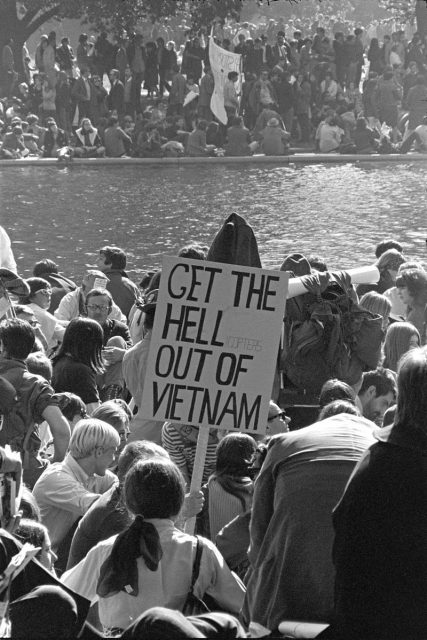
Kent State University in Ohio held the most infamous protest against the military draft in the 1970s when four students not participating in the protest were killed by National Guard fire.
The lack of support at home, as well as the horrors of war, led many soldiers to use drugs to help make their surroundings a little more tolerable.
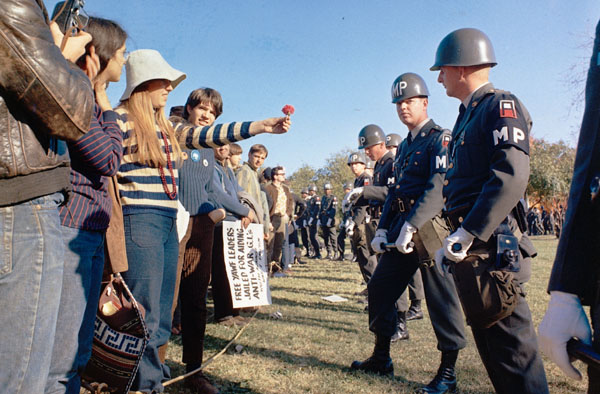
There were illegal drugs available, sold by the Vietnamese at incredibly cheap prices compared to the drugs in the United States.
Soldiers used everything from marijuana, which mellowed them out, to heroin, one of the worst drugs available at the time.
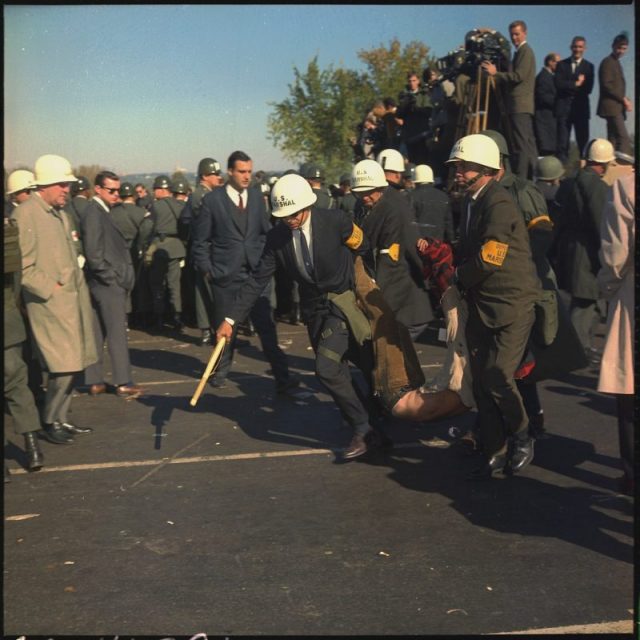
Most commanding officers looked the other way as far as marijuana use was concerned.
In fact, according to Jeremy Kuzmarov in his paper, The Myth of the “Addicted Army”: Drug Use in Vietnam in Historical Perspective, when Bob Hope went to Vietnam in 1970 to entertain the troops, he made a joke, “Instead of taking marijuana away from the soldiers, we ought to be giving it to the negotiators in Paris.”
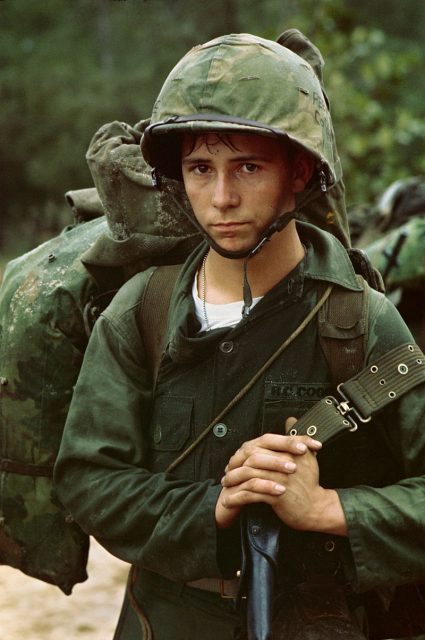
That joke drew more laughter and applause than any other. Kuzmarov also claimed that “by adopting hyperbolic references to ‘epidemics’ and ‘plagues’ proponents of this myth have equated all drug use with abuse and downplayed the difference between drugs, depicting marijuana…as being equally threatening as heroin.”
While marijuana use was considered illegal, the use of amphetamines such as Dexedrine was not only encouraged, the drug was actually supplied by the United States government.
According to The Atlantic the drug was handed out generously by commanding officers in order to keep them on their feet so to say.
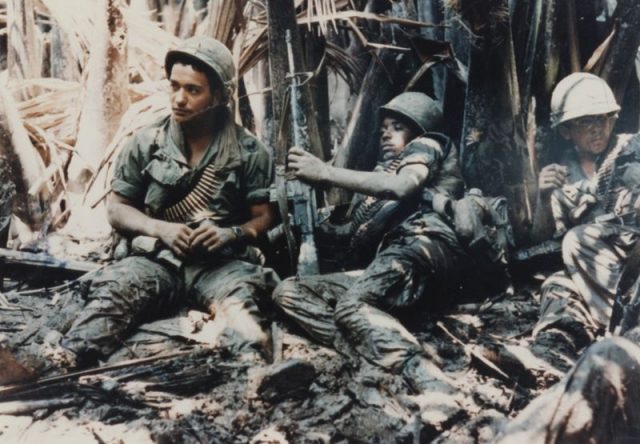
If a unit was going to be on an extended expedition, they were given pills to take along, as well as a steroid injection.
They believed they could increase the men’s alertness and reaction time and make them better and stronger fighters.
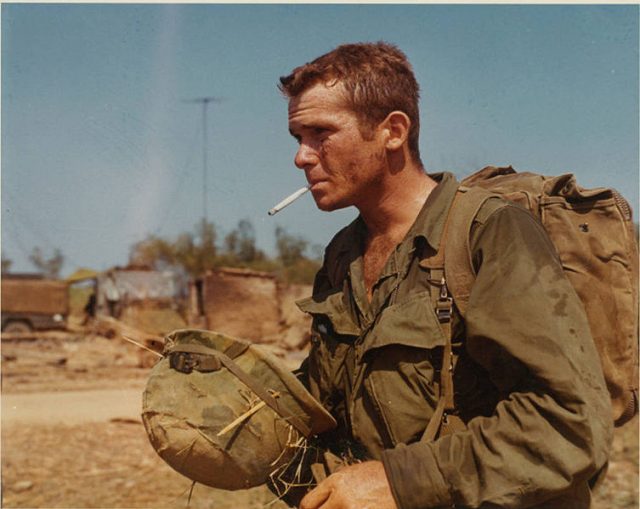
The amphetamines eventually wore off, leaving the men anxious, angry and aggressive.
To help prevent “battle fatigue” the government issued antipsychotics such as Thorazine which is usually used for the treatment of bipolar disorder and schizophrenia.
It was given to the men to relieve restlessness, anxiety, and aggressive behavior. While in Vietnam it protected the soldiers from the stress of combat, but after the men returned home, the stress, which was only pushed back and buried, returned as full-blown post-traumatic stress disorder (PTSD).
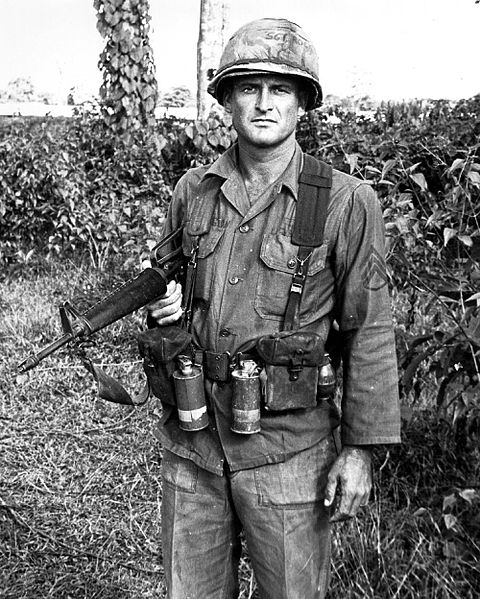
According to Kamienski, estimates of Vietnam veterans who were afflicted with PTSD range from four hundred thousand to one and one half million.
In a letter to the New York Times in 1991, Vietnam veteran Bernard A. Heeney of Bayonne, New Jersey stated that the official estimate of suicide among Vietnam veterans is nine thousand.
In 1970, heroin was coming into Vietnam from Cambodia, and the troops took full advantage of the supply. Some believe it was in response to a crackdown on marijuana, while others think it became popular because of the user’s ability to more completely shut out pain and the war even for just a short time.
Some soldiers brought their habit home, but the rabid influx of drug-addicted soldiers that was expected by many never fully came about. They did experience withdrawal symptoms but many of them willingly, as difficult as it was, discontinued the drug once they were discharged.
